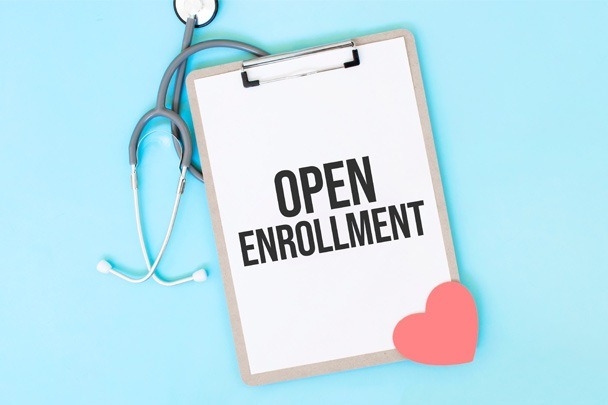Many people worry about having an employment gap on their resumes, but it’s important to recognize what you can accomplish during that time. While it can be discouraging to have a break in your work history, it doesn’t have to be a negative experience. An employment gap can be a valuable opportunity for growth and development, and discussing your achievements during this time with potential employers can turn a perceived disadvantage into a strong selling point.
You can use this period to develop new skills, take online courses, volunteer, or pursue personal projects that will enhance your resume. Read on for a look at three benefits of an employment gap.
1. Time to Build
You’ve probably heard it before, and that’s because it’s true: you’ve been given the gift of time. You can use this time to build something of your own. Is there a hobby you enjoy that could potentially turn into a career? Now is the perfect time to dream big. Perhaps you have a passion for photography, jewelry making, crafting, or writing. Side hustles can evolve into full-time jobs when you have the time to commit. Consider focusing on your passions as a rewarding way to fill the employment gap on your resume.
2. Time to Learn
Knowledge is power. If there is any education you can benefit from, start learning! Understanding what to add to your education can help you reach the next level in your career. The digital transformation is here. What technological expertise, AI knowledge, or management courses could set you apart from the competition? Taking time to learn not only addresses concerns about employment gaps but also improves your chances of finding a job that aligns with the future of work.
3. Time to Upskill
To address concerns about an employment gap, it’s important to invest in your skill development. Businesses are increasingly focused on rapidly upskilling their current workforce to ensure employees are prepared for evolving demands. Take the initiative to anticipate these demands. While you have the opportunity, set a personal development goal. Share your progress with potential employers to demonstrate your commitment to enhancing your skill set.
When It’s Time to Search for a Job
“Tell me about yourself” is not just a question about your professional background; it’s an opportunity to convey who you are as a person. Your culture, individuality, and strengths are not solely defined by your work experience. When discussing your work history, be fair to yourself. Sometimes, your “current job” might be being a student in an executive course or fulfilling a full-time caregiving role. Share a narrative that highlights your past successes, outlines your present plans, and describes your future goals.









